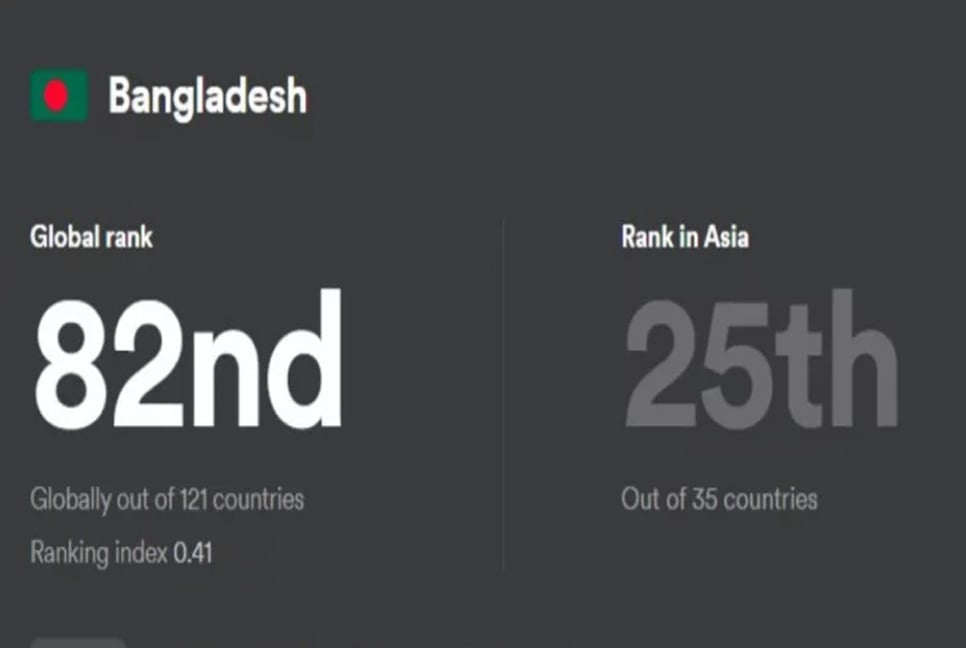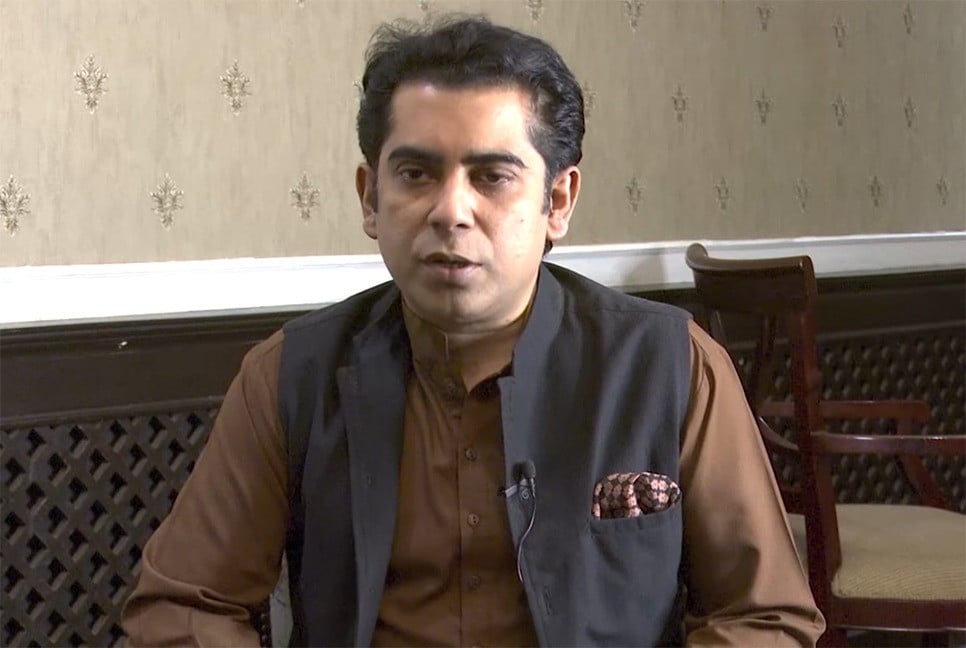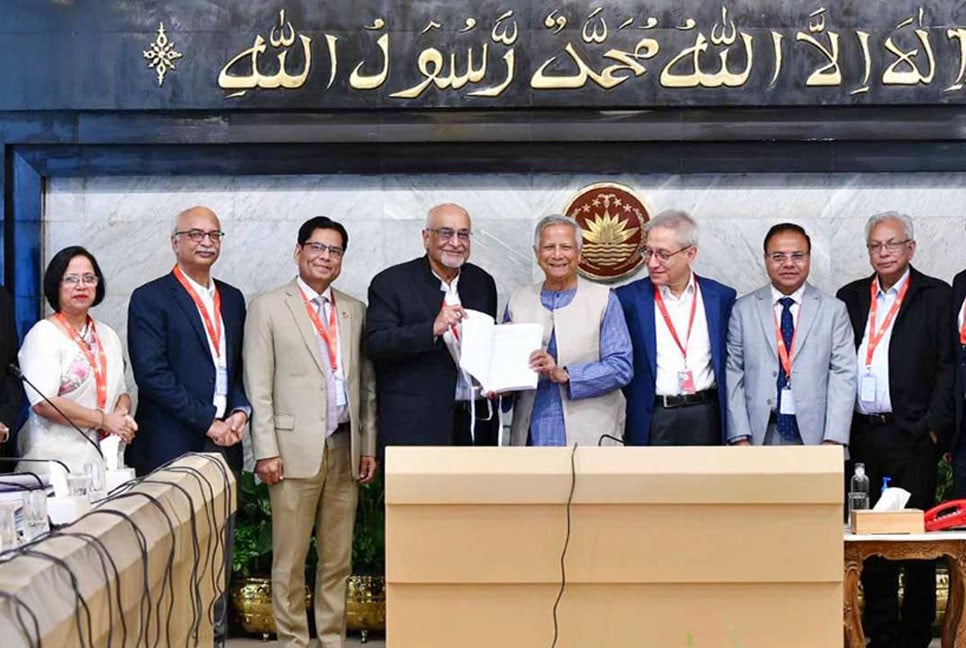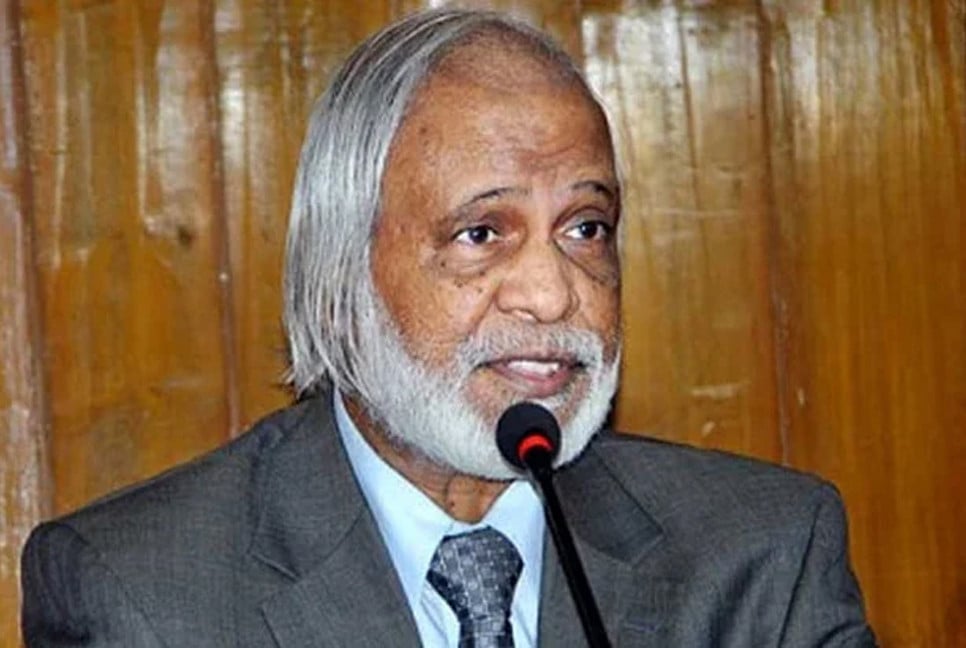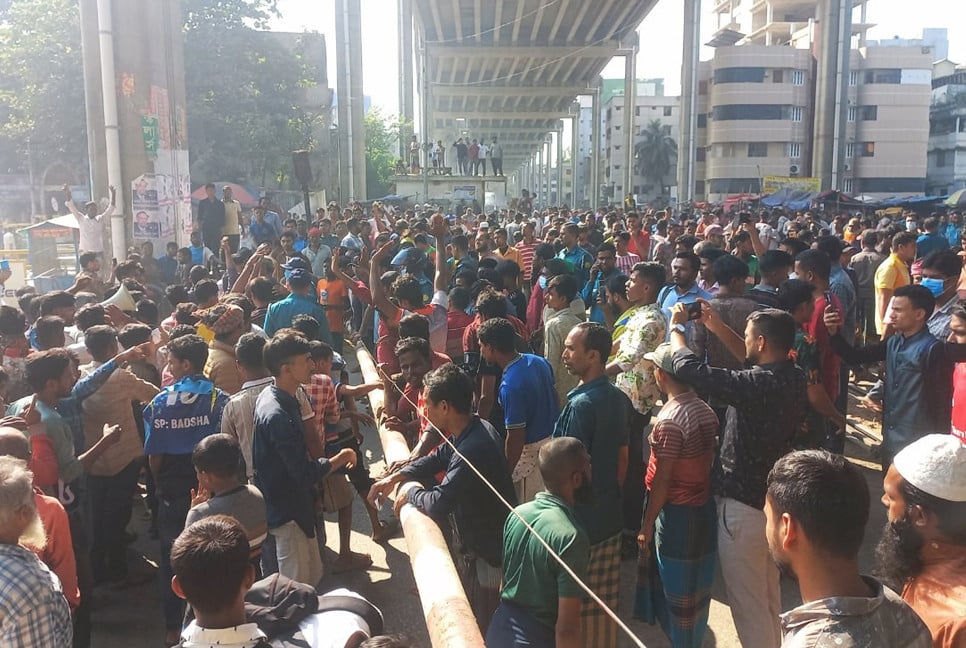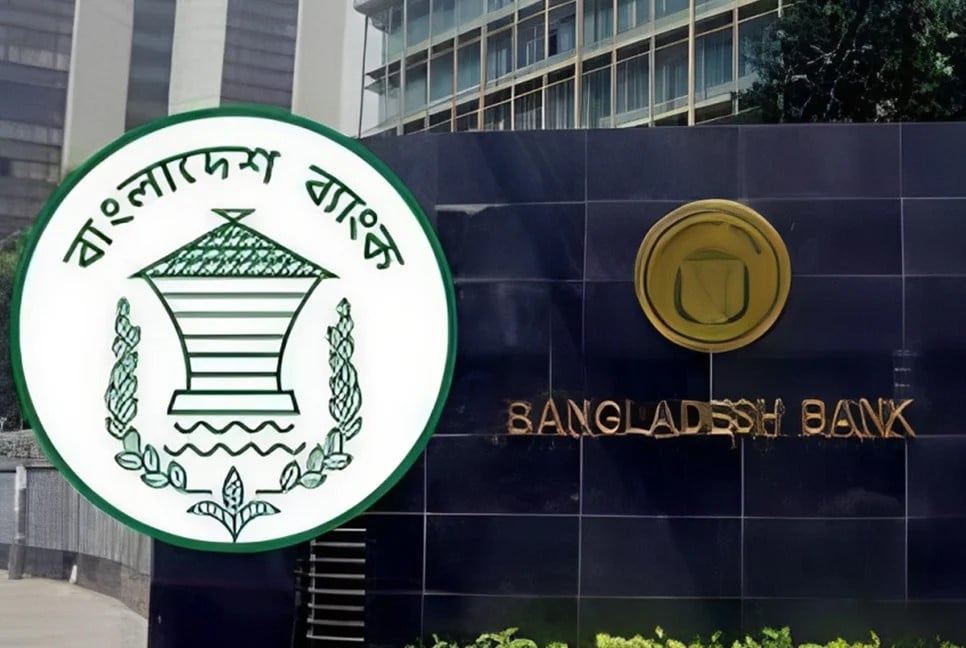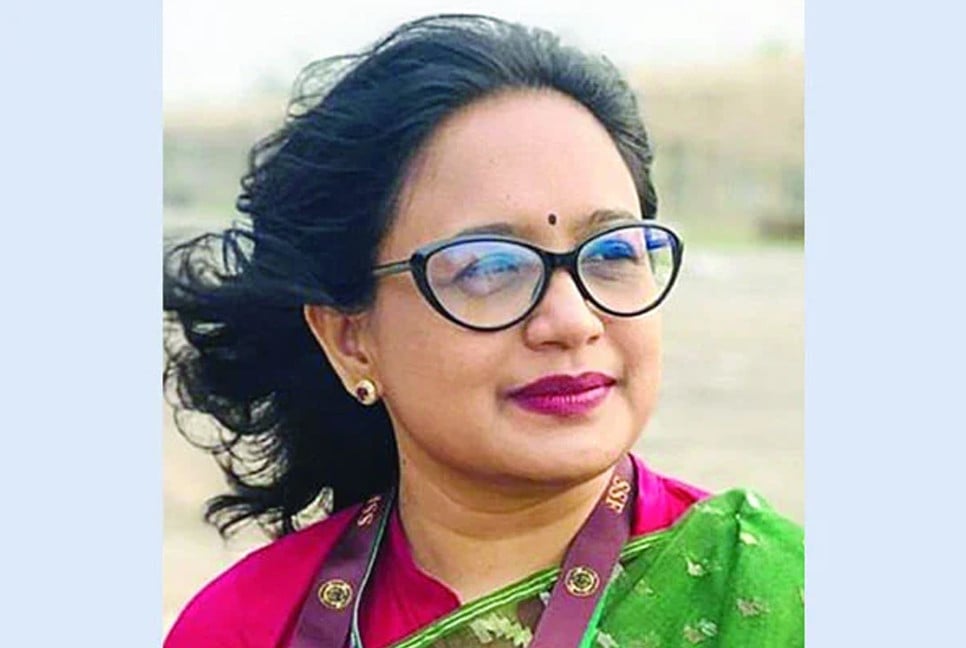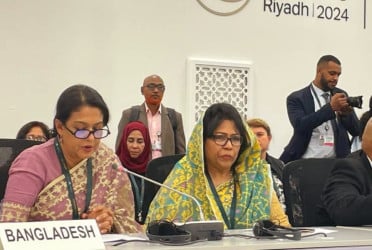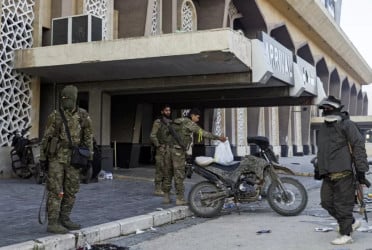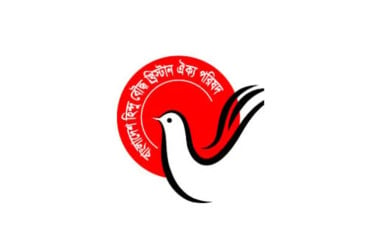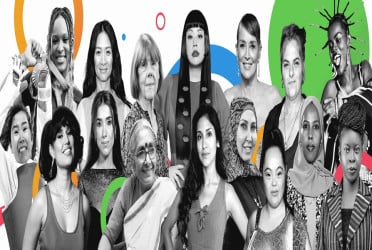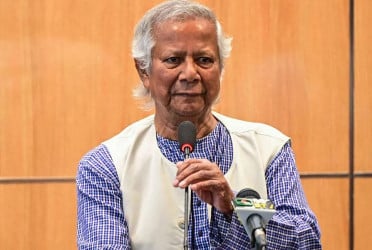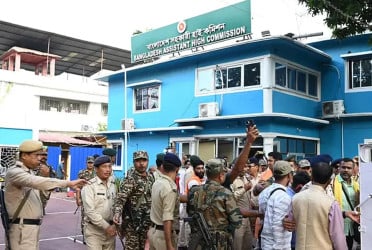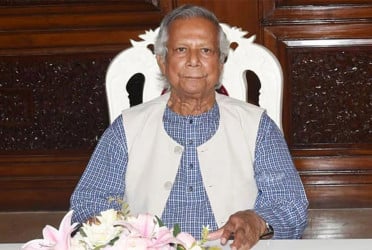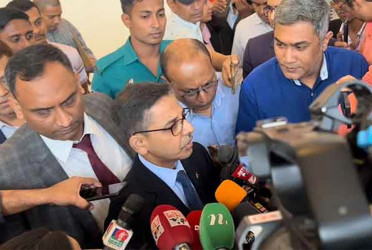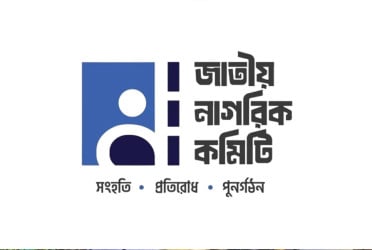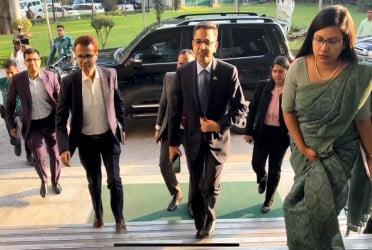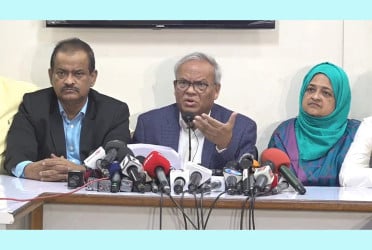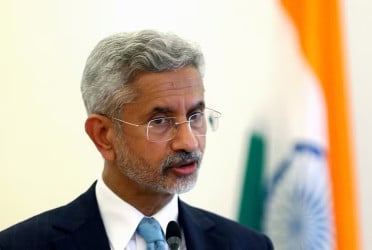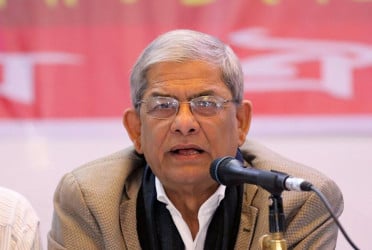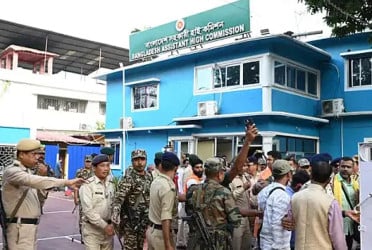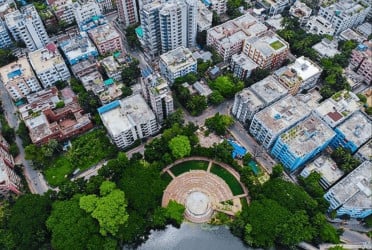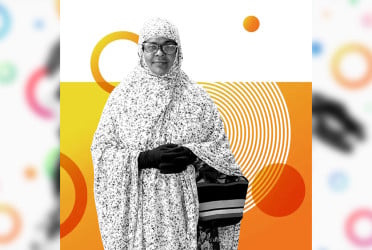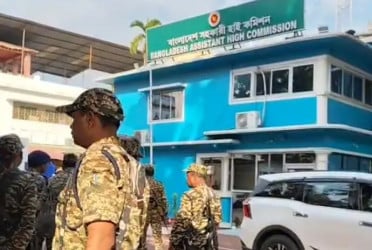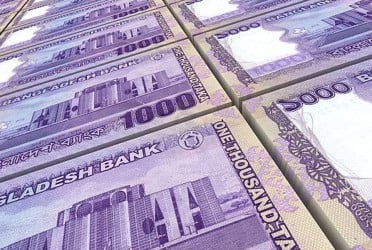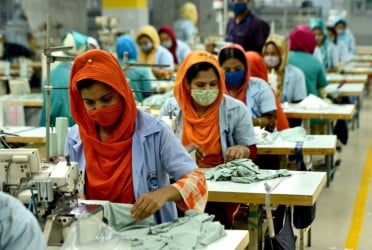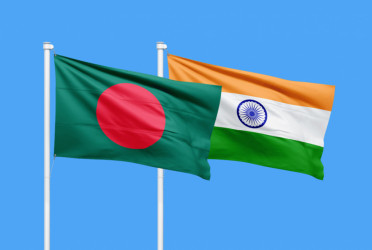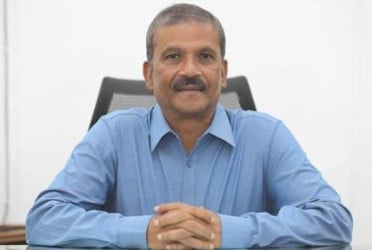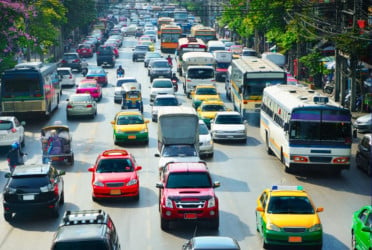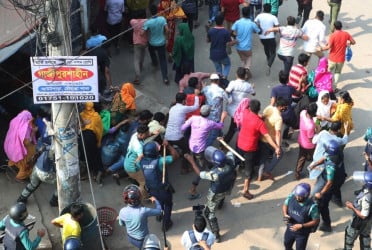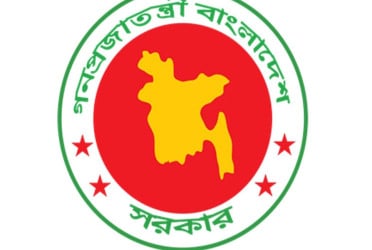The country started its journey of digitization almost one and half era (16 years) ago. The government services were to be available at anytime, anywhere in cheap rate, lesser time and easily. Some of the positive outcomes of digitization have been visible as mobile banking was introduced and e-commerce business seen a boom. Anyone can get emergency help by calling 999. However, even in 2024, to have many of the government services, people have to present in the service providing places personally.
One has to go to BRTA office to give fingerprints for getting driving license despite having NID. Slow internet is holding back digital development. Tolls have to be paid manually in modern toll plazas. Citizen's personal information is being leaked from NID server, as well as customers’ money is disappearing from the bank.
Meanwhile, in the last decade, several lakhs of Tk have been invested in infrastructure development to digitize government services. However, the country is struggling to keep pace with the world in terms of digitalization. In the 'Digital Quality of Life Index-2023' or Digital Quality of Life (DQL) index published by the cyber security organization Surfshark, Bangladesh has downed by six steps in 2023 compared to 2022, and ranked 82nd among 121 countries. In 2022 it was 76th. Bangladesh is ranked 25th among 35 Asian countries. The organization determines the DQL index based on five indicators like Internet access, Internet quality, e-infrastructure, e-security, and e-government. It can be seen that in 2023 compared to 2022, Bangladesh is 48 steps behind in the ability to use the Internet, 10 steps backward in electronic security. However, there has been a step forward in the electronic infrastructure, 13 step improvements in e-Government, two step improvements in internet means. However, despite the improvement, Bangladesh is behind most of the countries in the world in terms of internet speed.
In the Digital Quality of Life (DQL) index, France is number 1, Finland is number 2, Denmark is number 3, Germany is number 4, Luxembourg is number 5, Spain is number 6, Estonia is number 7, Austria is number 8, Switzerland is number 9 and Singapore is number 10. Among Asian countries, South Korea is 20th, Japan 16th, Cyprus 31st, Malaysia 37th, United Arab Emirates 38th, China 44th, Saudi Arabia 45th, Kazakhstan 47th, Qatar 48th, Thailand 51st, India 52nd, Vietnam 56th, Philippines 60th, Kyrgyzstan 71st, Bangladesh 82nd, Sri Lanka 86th, Pakistan 93rd, and Nepal 94th.
In the DQL index, Bangladesh ranked second only to India among South Asian countries. However, among the Internet affordability, Internet quality, electronic infrastructure, electronic security and electronic government indicators, Bangladesh is ahead of other South Asian countries only in electronic infrastructure. Furthermore, Bangladesh lags behind the world average in all indicators and the most backward in electronic security. In South Asia, Bangladesh is first in electronic infrastructure, Sri Lanka is first in internet affordability, India is first in internet standards, electronic security and e-government. Meanwhile, Nigeria, a poor country in West Africa, is ahead of Bangladesh in terms of internet quality (62nd) and electronic security (73rd). In these two indices, Bangladesh is ranked 65th and 85th respectively.
Those concerned say that a lot of money has been spent on one project after another to develop electronic infrastructure by purchasing hardware to make the country digital, but other sectors have not been given attention. Although Prime Minister Sheikh Hasina has good intentions, those who are in charge of implementation are busy in looting. As a result, the desired benefits are not coming. Still the quality of internet is very bad and the price is high. Technically skilled manpower is not being created. Laptops are provided to government officials to facilitate work from home and abroad, but piles of files do not move from their desks. Most of the work in government offices is still done manually. In case of passport or driving license renewal, birth registration, NID correction etc. the applicants have to appear in person. No hospital bed information is available online. Fraud gangs are stealing people's money from various banks. Online fraud is on the rise. Most of the people have not come under the tax due to not using the digital database properly. Security is the most neglected aspect of digital media. In July last year, data was leaked from the birth and death registration website of the Registrar General's office. After that, NID information was leaked on various social apps including Telegram.
These are the extreme weaknesses in digitalization. After the Awami League came to power in 2008 with the slogan of Digital Bangladesh, it took the initiative to 'digitalize' all the offices and departments of the government. Procurement and project acceptance falls between ministries. But till now a ministry or office could not be completely digital. On the other hand, in 2014, Singapore's Prime Minister Lee Hsien Loong announced plans to make the country the 'world's first smart nation'. In 2021, Singapore's position in the smart city index (IMD-SUTD Smart City Index) was at the top of the world. The country has delivered 99 percent of government services to the doorsteps of the people through digital system.
(The report was published on print and online versions of The Bangladesh Pratidin on April May 4 and rewritten in English by Lutful Hoque Khan)

